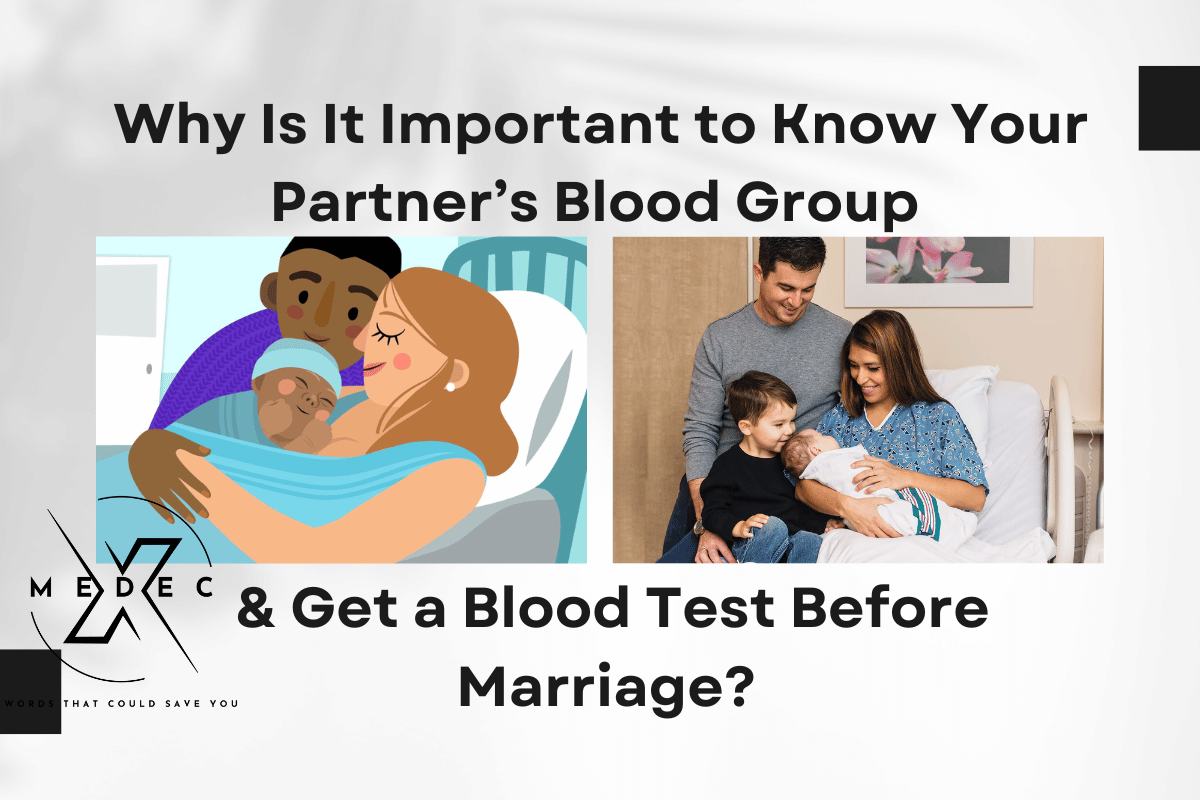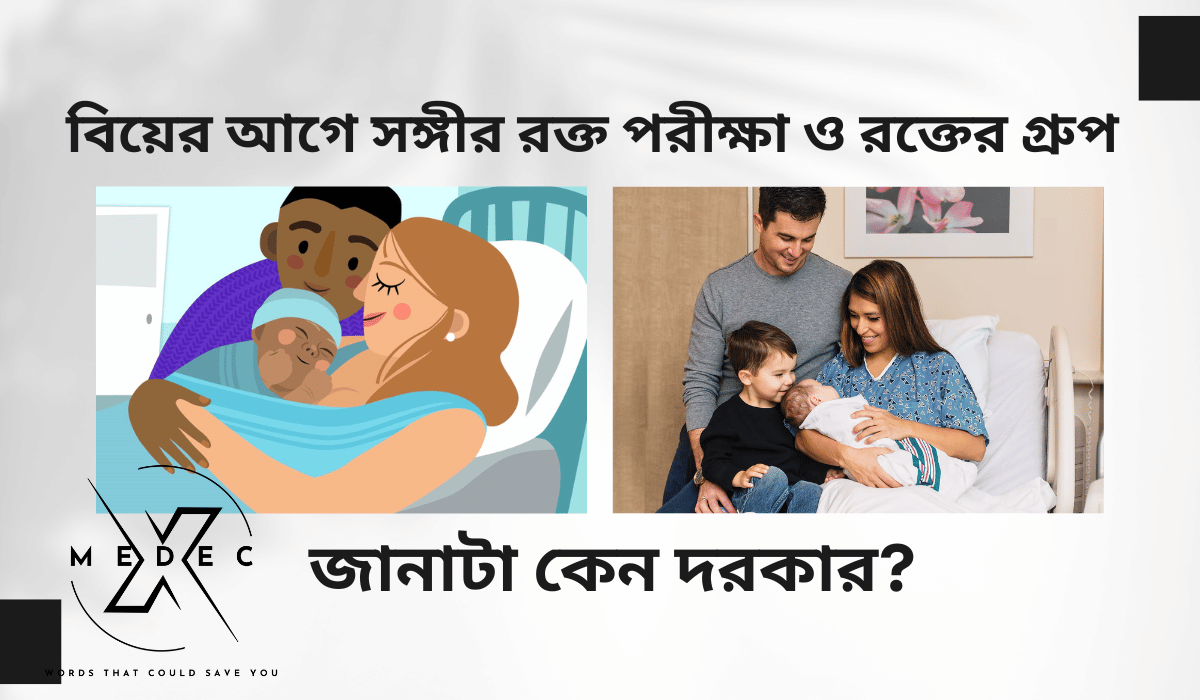4 reason to Get a Blood Test Before Marriage – Why Is It Important to Know Your Partner’s Blood Group?

Why Is It Important to Know Your Partner’s Blood Group and Get a Blood Test Before Marriage?
Love Means Living Life Together…
But a Healthy Family Needs a Little More Planning
At some point, love turns into a shared dream — a future with a family, children, and a safe, healthy life together. But what if, due to lack of awareness, your child ends up facing a lifelong medical challenge?
Let’s make this journey smoother from the very beginning —
Just by knowing your partner’s blood group.

You might wonder:
“Why should I even care about blood groups before marriage?”
Let’s get into it, with a light but serious tone — because sometimes, small awareness brings the biggest protection.
1. Rh Factor — The Risk You Shouldn’t Ignore
Imagine this:
- Wife is Rh-negative,
- Husband is Rh-positive
- If the baby inherits the father’s Rh-positive blood, the mother’s immune system may treat it as a foreign enemy.
During the first delivery, if the baby’s blood mixes with the mother’s, her immune system might create antibodies against Rh-positive blood.
If an Anti-D injection is not given within 72 hours of delivery, the mother’s body will remember this “enemy” and might attack the next baby during pregnancy.
This is called:
- Rh Incompatibility
- And it can cause Hemolytic Disease of the Newborn (HDN) or Erythroblastosis Fetalis
Possible complications in the baby:
- Jaundice (yellowing of skin and eyes)
- Hyperbilirubinemia (too much bilirubin in blood)
- Anemia (low red blood cell count)
- Weakness and lethargy
- Hydrops Fetalis (severe fluid retention in chest, abdomen, and skin)
- Liver and spleen enlargement
- Brain damage (Kernicterus)
- Stillbirth
The solution?
Just one Anti-D injection at the right time. But to give it on time, you need to know the blood group early. Simple, right?
Thalassemia is a genetic disorder. Some people are silent carriers (Minor) and don’t even know it. Globally, 7–8% of the population are carriers.
Now imagine — both partners are carriers.
There’s a 25% chance that their child will be born with Thalassemia Major, needing lifelong blood transfusions every month.
It’s heartbreaking — emotionally, financially, physically.
But how to detect it?
Just one test:
Hb Electrophoresis or HPLC — a simple blood test.
And no — you can’t tell if someone’s a carrier just by looking at them!
Some people only discover they are Thalassemia Minor after years of weakness, anemia, breathing difficulties, cold hands/feet, blurry vision, or dizziness — leading to a late diagnosis.
3. Emergency Situations Can Happen Anytime
Knowing your blood group can literally save your life.
Imagine:
You’re traveling… there’s an accident…
You’re rushed to the hospital and they ask,
“What’s your blood group?”
You reply:
“Uhh… let me check my Facebook bio?”
Time is critical — and knowing your blood group helps in getting fast, life-saving blood donations in emergencies.
4. It Helps Doctors During Pregnancy & Delivery
Knowing your and your partner’s blood group makes things easier for doctors too:
- Detects Rh Incompatibility risks
- Helps in delivery planning
- Helps prepare for blood transfusions if needed
- Ensures safer pregnancy monitoring and decisions
Final Words
Before marriage, we often learn everything about our partner:
Their favorite food, movie, even their phone password
So what’s wrong with knowing something even more important — their blood group?
These days, pre-marital blood testing is becoming a smart, responsible trend — and that’s something to be proud of.
Because love doesn’t just mean being there on good days —
It’s also about planning together for the hard ones.
So next time you say “I love you”…
Maybe also ask,
“What’s your blood group, baby?”
According to the World Health Organization (WHO), knowing your partner’s blood group can help prevent hereditary blood disorders like thalassemia and sickle cell anemia. You can read this article.
You may also like this The Alarming sign: when you need emergency appendix removal surgery



